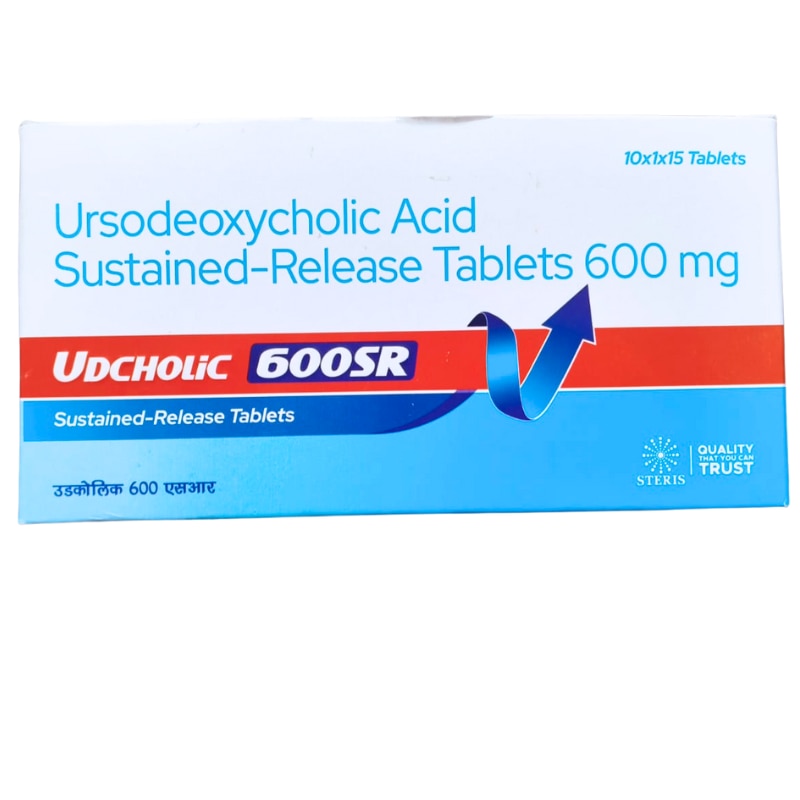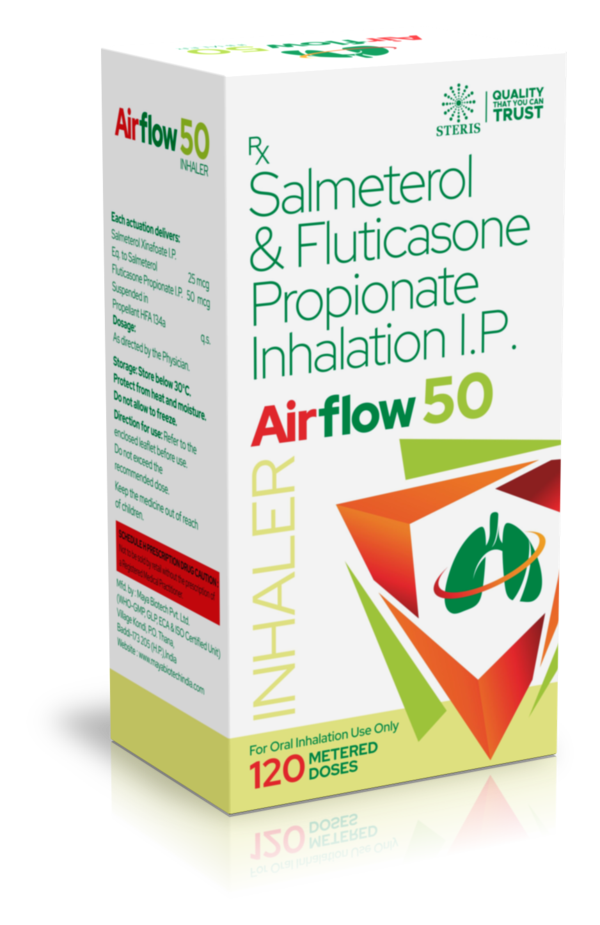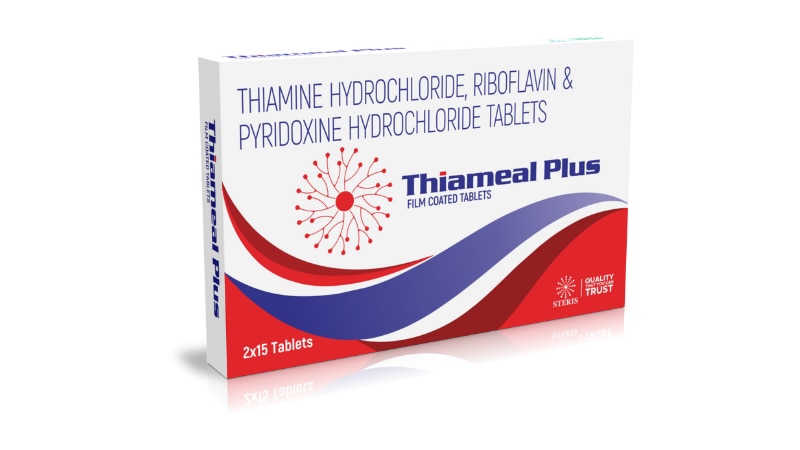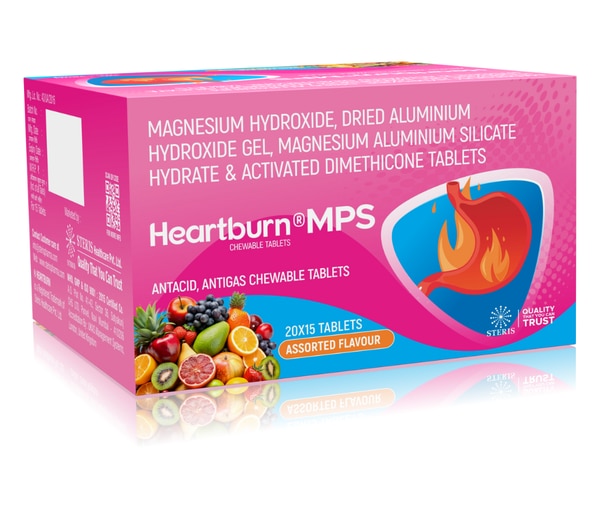Description
Product details
Ursodeoxycholic Acid 600 mg is a clinically trusted and widely prescribed medication used in the management of liver and gallbladder disorders. Belonging to the class of bile acid derivatives, it plays a vital role in improving liver function and dissolving certain types of gallstones without surgery. This medicine is commonly prescribed to patients suffering from cholestatic liver diseases, such as primary biliary cholangitis (PBC), non-alcoholic fatty liver disease (NAFLD), and bile reflux gastritis. In the Indian healthcare setting, Ursodeoxycholic Acid (also known as UDCA) has become a cornerstone therapy for liver protection. It is known not only for its effectiveness in improving bile flow but also for its anti-inflammatory, immunomodulatory, and cytoprotective properties. The 600 mg strength formulation provides an optimal dose for adult patients, ensuring consistent bile regulation and liver cell protection. Produced under stringent quality control by leading pharmaceutical companies like Steris Healthcare Pvt. Ltd., Ursodeoxycholic Acid 600 mg ensures purity, efficacy, and patient safety. This makes it a dependable choice for clinicians and patients managing chronic liver diseases in India. What is Ursodeoxycholic Acid? Ursodeoxycholic Acid (UDCA) is a naturally occurring bile acid that is present in small amounts in the human body. It is synthesized and used as a medication to treat liver and gallbladder conditions by altering bile composition and reducing the production of toxic bile acids. Chemically, Ursodeoxycholic Acid is a hydrophilic bile acid, meaning it has a high affinity for water and helps replace harmful hydrophobic bile acids that can damage liver cells. It is known for its ability to protect hepatocytes (liver cells) from injury, enhance bile secretion, and dissolve cholesterol-based gallstones. By reducing bile cholesterol saturation and promoting bile flow, UDCA helps maintain liver function, especially in conditions where bile flow is obstructed or impaired. Mechanism of Action The therapeutic action of Ursodeoxycholic Acid is multifaceted: Bile Flow Regulation: UDCA improves bile secretion and reduces bile stasis (retention). This helps in clearing toxic bile acids from the liver, thereby preventing inflammation and fibrosis. Cytoprotective Effect: It stabilizes the hepatocyte (liver cell) membrane and reduces damage caused by bile acid-induced oxidative stress. Immunomodulatory Action: Ursodeoxycholic Acid reduces autoimmune destruction of bile ducts in diseases like primary biliary cholangitis by modulating immune response. Cholesterol Reduction: UDCA decreases the cholesterol content of bile and suppresses hepatic cholesterol synthesis, leading to the gradual dissolution of cholesterol gallstones. Antifibrotic and Anti-inflammatory Role: By reducing inflammation and fibrosis markers, UDCA helps slow the progression of chronic liver diseases. Therapeutic Uses of Ursodeoxycholic Acid 600 mg Ursodeoxycholic Acid 600 mg tablets are prescribed for a wide range of liver and gallbladder-related conditions. Below are the major medical indications: 1. Primary Biliary Cholangitis (PBC): One of the most common uses of UDCA is in treating primary biliary cholangitis, an autoimmune condition that causes slow, progressive destruction of bile ducts within the liver. Ursodeoxycholic Acid helps improve bile flow, reduce bilirubin levels, and delay the need for liver transplantation in many patients. 2. Cholestatic Liver Diseases: It is used to treat cholestatic conditions where bile secretion is impaired, such as: Intrahepatic cholestasis during pregnancy Drug-induced cholestasis Chronic cholestatic hepatitis Post-surgical biliary obstruction 3. Gallstone Dissolution (Cholesterol Gallstones): Ursodeoxycholic Acid 600 mg is effective in dissolving small, non-calcified cholesterol gallstones in patients who cannot undergo surgery. It works by reducing cholesterol saturation in bile, gradually breaking down gallstones over several months. 4. Non-Alcoholic Fatty Liver Disease (NAFLD) and Non-Alcoholic Steatohepatitis (NASH): In patients with fatty liver or metabolic liver disorders, UDCA helps improve liver enzyme levels and reduces oxidative stress, supporting better liver health. 5. Bile Reflux Gastritis: UDCA is used to relieve symptoms caused by bile reflux into the stomach, such as epigastric pain, bloating, and nausea. 6. Cystic Fibrosis-Related Liver Disease: It can be used to improve bile flow and prevent hepatic complications in patients with cystic fibrosis. 7. Post Liver Transplantation: UDCA is sometimes used as supportive therapy to prevent graft-related cholestasis and maintain optimal liver function after transplantation. Key Benefits of Ursodeoxycholic Acid 600 mg 1. Promotes Healthy Liver Function Ursodeoxycholic Acid supports liver detoxification and enhances bile secretion, reducing bile stasis and protecting hepatocytes from toxic damage. 2. Dissolves Cholesterol Gallstones Naturally Unlike surgical interventions, UDCA provides a non-invasive way to dissolve cholesterol gallstones, especially in patients unfit for surgery. 3. Protects Liver Cells from Damage UDCA stabilizes the hepatocyte membrane and reduces cell injury caused by bile acids, alcohol, or medications. 4. Reduces Inflammation and Fibrosis Its anti-inflammatory and antifibrotic properties help slow down the progression of chronic liver diseases. 5. Regulates Cholesterol Levels Ursodeoxycholic Acid lowers bile cholesterol concentration, which helps maintain a balanced lipid profile and prevents gallstone formation. 6. Supports Recovery in Liver Disorders In patients with hepatitis, fatty liver, or cirrhosis, UDCA helps improve liver enzyme levels (ALT, AST, ALP), signaling better liver recovery. 7. Improves Digestive Function By improving bile flow, UDCA enhances fat digestion and reduces symptoms like bloating, nausea, and postprandial discomfort. 8. Safe for Long-Term Use When prescribed under medical supervision, Ursodeoxycholic Acid 600 mg is well-tolerated and safe for prolonged treatment of chronic liver diseases. Dosage and Administration Recommended Dose: The typical adult dose of Ursodeoxycholic Acid ranges between 8–12 mg per kilogram of body weight per day, which equals about 600 mg once or twice daily depending on the patient’s condition. Formulation: Tablet form (Ursodeoxycholic Acid 600 mg) Mode of Administration: Oral Timing: It should be taken with meals to enhance absorption and reduce gastrointestinal side effects. Treatment Duration: For gallstone dissolution, therapy may last for 6 months to 2 years. For chronic liver conditions, treatment may be long-term or lifelong under physician guidance. Important Note: The dosage should be individualized based on body weight, liver function, and medical condition. Patients must not self-medicate and should take the medicine only as prescribed by a healthcare professional. Precautions and Warnings Before using Ursodeoxycholic Acid 600 mg, patients should consider the following precautions: Medical Supervision Required: Always use this medicine under the guidance of a doctor, particularly if you have a history of severe liver or gallbladder disease. Avoid in Certain Gallstones: UDCA is not effective for calcified or pigment gallstones. Pregnancy and Breastfeeding: While UDCA is considered relatively safe during pregnancy, it should only be used when prescribed by a physician. Minimal amounts may pass into breast milk. Monitor Liver Function: Regular liver function tests (LFTs) are advised during treatment to monitor therapeutic response and liver health. Drug Interactions: Avoid concurrent use with: Aluminum-based antacids (reduce UDCA absorption) Cholestyramine or Colestipol (interfere with bile acid absorption) Ciclosporin or Estrogens (may alter bile composition) Alcohol Consumption: Alcohol can strain the liver and reduce the effectiveness of UDCA therapy. Patients should limit or avoid alcohol during treatment. Gastrointestinal Disorders: Use with caution in patients with peptic ulcer, severe diarrhea, or gastrointestinal inflammation. Possible Side Effects of Ursodeoxycholic Acid 600 mg Ursodeoxycholic Acid is generally well-tolerated, but some patients may experience mild to moderate side effects. These are typically temporary and improve as the body adjusts to the medication. Common Side Effects: Diarrhea or loose stools Nausea and vomiting Abdominal discomfort Indigestion or bloating Headache Dizziness Less Common Side Effects: Rash or itching (urticaria) Increased liver enzymes (temporary) Back pain or joint pain Cough or upper respiratory infection symptoms Rare but Serious Side Effects: Severe right upper abdominal pain (may indicate gallstone complications) Jaundice or dark urine (signs of liver stress) Persistent diarrhea or dehydration Allergic reaction (swelling, rash, or shortness of breath) Note: If any of these side effects persist or worsen, it is important to inform your doctor immediately. Never stop or alter the dosage without consulting your healthcare provider. Safety in Special Populations Pregnancy: UDCA is sometimes used to treat intrahepatic cholestasis of pregnancy (ICP) under strict medical supervision. While generally safe, dosage adjustment and monitoring are essential. Lactation: It is considered safe in breastfeeding mothers as minimal quantities are excreted into breast milk. Elderly Patients: No specific dosage adjustment is needed, but liver function should be monitored regularly. Children: Ursodeoxycholic Acid can be prescribed in pediatric doses for liver-related disorders, particularly biliary atresia, under pediatric supervision. Storage and Handling Store in a cool, dry place below 25°C. Protect from moisture and direct sunlight. Keep out of reach of children. Do not use after the expiry date printed on the pack. Clinical Efficacy and Research Insights Clinical studies across India and globally have confirmed the efficacy of Ursodeoxycholic Acid in managing chronic liver and biliary diseases. Long-term use of UDCA has shown: Improvement in liver enzyme profiles (AST, ALT, ALP). Reduction in bilirubin levels in cholestatic conditions. Delay in disease progression in primary biliary cholangitis. Reduction in gallstone size and formation rate with consistent therapy. Better quality of life scores among patients with chronic liver conditions. Its established safety profile and biochemical benefits make Ursodeoxycholic Acid a cornerstone therapy in hepatology. Lifestyle and Dietary Recommendations During Treatment To enhance the effectiveness of UDCA therapy and support liver health, patients are advised to: Maintain a Balanced Diet: Include fresh fruits, vegetables, whole grains, and lean proteins. Avoid fatty, fried, and processed foods. Stay Hydrated: Drink sufficient water to aid digestion and toxin elimination. Limit Alcohol and Caffeine: Both can strain liver metabolism and interfere with medication effectiveness. Exercise Regularly: Moderate physical activity helps improve liver function and reduce fat accumulation. Avoid Self-Medication: Consult your doctor before using any over-the-counter supplements or herbal products. Frequently Asked Questions (FAQs) Q1. How long should Ursodeoxycholic Acid 600 mg be taken? The duration depends on your condition. For gallstone dissolution, treatment may last 6–24 months. For chronic liver diseases, long-term therapy may be recommended. Q2. Can Ursodeoxycholic Acid cure liver disease completely? While it does not cure liver disease, UDCA can slow its progression, protect liver cells, and improve biochemical and clinical outcomes. Q3. Can I take Ursodeoxycholic Acid on an empty stomach? It is best taken with food to enhance absorption and minimize stomach upset. Q4. Does it interact with other medications? Yes. Antacids, cholesterol-binding resins, and estrogens may interfere with UDCA absorption or activity. Always inform your doctor about all medications you’re taking. Q5. How long does it take to see results? Liver function improvement can often be observed within a few weeks, but gallstone dissolution may take several months of consistent use. Conclusion Ursodeoxycholic Acid 600 mg is a trusted and clinically validated therapy for various liver and gallbladder conditions. Its unique ability to enhance bile flow, protect liver cells, and dissolve cholesterol gallstones makes it an indispensable part of hepatology treatment protocols.





